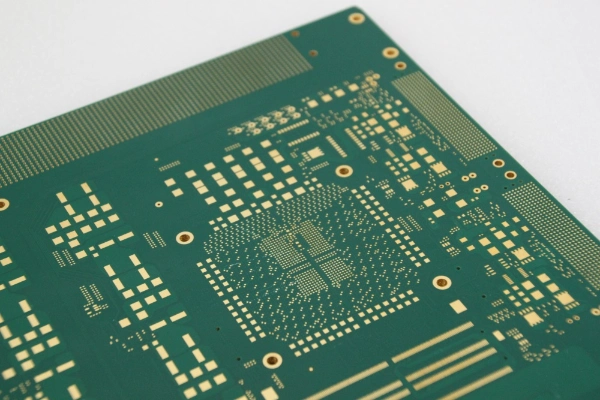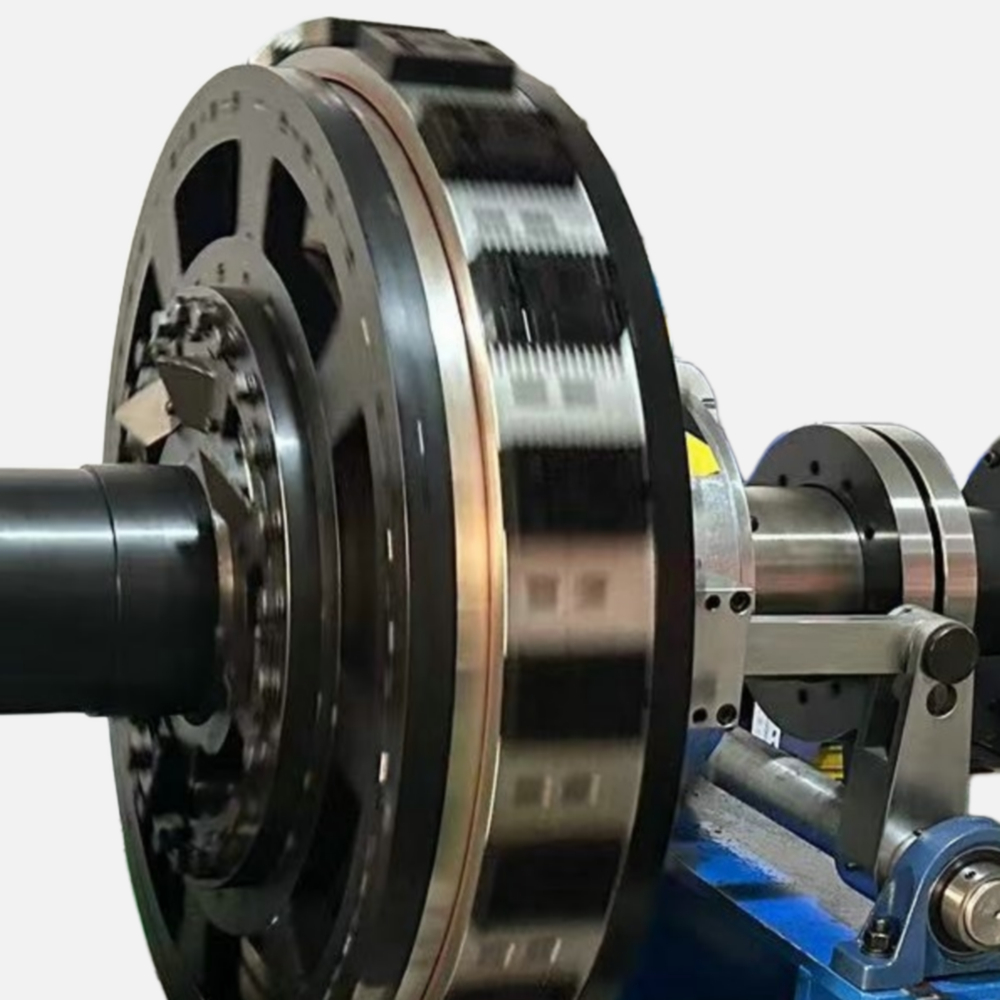Soldering is a fundamental technique in electronics and metalworking, allowing for the joining of two or more metal components through the application of heat and a filler metal. While many metals can be effectively soldered, there are notable exceptions that pose significant challenges. Understanding which metals cannot be soldered is crucial for professionals in manufacturing, electronics, and repair industries. This article delves into the complexities of soldering, highlighting specific metals that resist soldering and the underlying reasons for their incompatibility.
The Basics of Soldering
Before exploring the metals that cannot be soldered, it is essential to understand the soldering process. Soldering involves melting a filler metal, typically a lead-tin alloy or a lead-free alternative, to create a strong electrical and mechanical bond between metal surfaces. The effectiveness of soldering depends on several factors, including the type of metals being joined, the soldering technique employed, and the presence of contaminants on the surfaces.
Metals That Cannot Be Soldered
- Aluminum
Aluminum is one of the most common metals encountered in various applications, yet it is notoriously difficult to solder. The primary reason for this is the formation of a thin, oxide layer on its surface, which prevents proper adhesion of the solder. While specialized soldering techniques and fluxes exist for aluminum, traditional soldering methods often fail to create a reliable bond. Instead, alternatives such as welding or the use of mechanical fasteners are recommended for joining aluminum components.
- Titanium
Titanium is another metal that presents significant challenges for soldering. Its high melting point and the formation of a stable oxide layer make it difficult for solder to adhere effectively. Additionally, titanium's reactivity with certain soldering materials can lead to contamination and weak joints. For applications requiring the joining of titanium, methods such as laser welding or diffusion bonding are preferred.
- Magnesium
Magnesium is a lightweight metal that is often used in aerospace and automotive applications. However, its high reactivity and tendency to oxidize quickly make soldering problematic. The oxide layer that forms on magnesium surfaces can inhibit solder flow, leading to weak joints. As with aluminum, mechanical fastening or welding techniques are typically employed to join magnesium components.
- Zinc
Zinc is commonly used as a coating to prevent corrosion on steel and iron. However, when it comes to soldering, zinc poses significant challenges due to its low melting point and the formation of a brittle intermetallic compound when combined with solder. This can lead to weak joints that are prone to failure. For applications involving zinc-coated materials, it is advisable to use mechanical fastening or alternative joining methods.
- Lead
While lead is a traditional component of many solder alloys, it is important to note that lead itself cannot be effectively soldered to other metals. The presence of lead in solder is primarily for its ability to lower the melting point and improve flow characteristics. However, lead does not bond well with metals like aluminum or titanium, making it unsuitable for direct soldering applications.
Factors Influencing Soldering Success
The inability to solder certain metals is not solely due to their inherent properties; several external factors can also influence the success of soldering:
- Surface Preparation: Proper cleaning and preparation of metal surfaces are critical for successful soldering. Contaminants such as oils, dirt, and oxidation can hinder the solder's ability to adhere.
- Flux Selection: The choice of flux can significantly impact soldering outcomes. Specialized fluxes designed for difficult-to-solder metals can help mitigate some of the challenges associated with oxide layers.
- Temperature Control: Precise temperature control is essential when soldering metals with high melting points or those that are prone to oxidation. Overheating can lead to further oxidation and compromised joints.
Conclusion
Understanding which metals cannot be soldered is vital for professionals in various industries. While aluminum, titanium, magnesium, zinc, and lead present unique challenges, alternative joining methods such as welding, mechanical fastening, or specialized soldering techniques can often provide effective solutions. By recognizing the limitations of soldering and employing appropriate strategies, professionals can ensure the integrity and reliability of their metal joints, ultimately leading to better performance and longevity in their applications.




